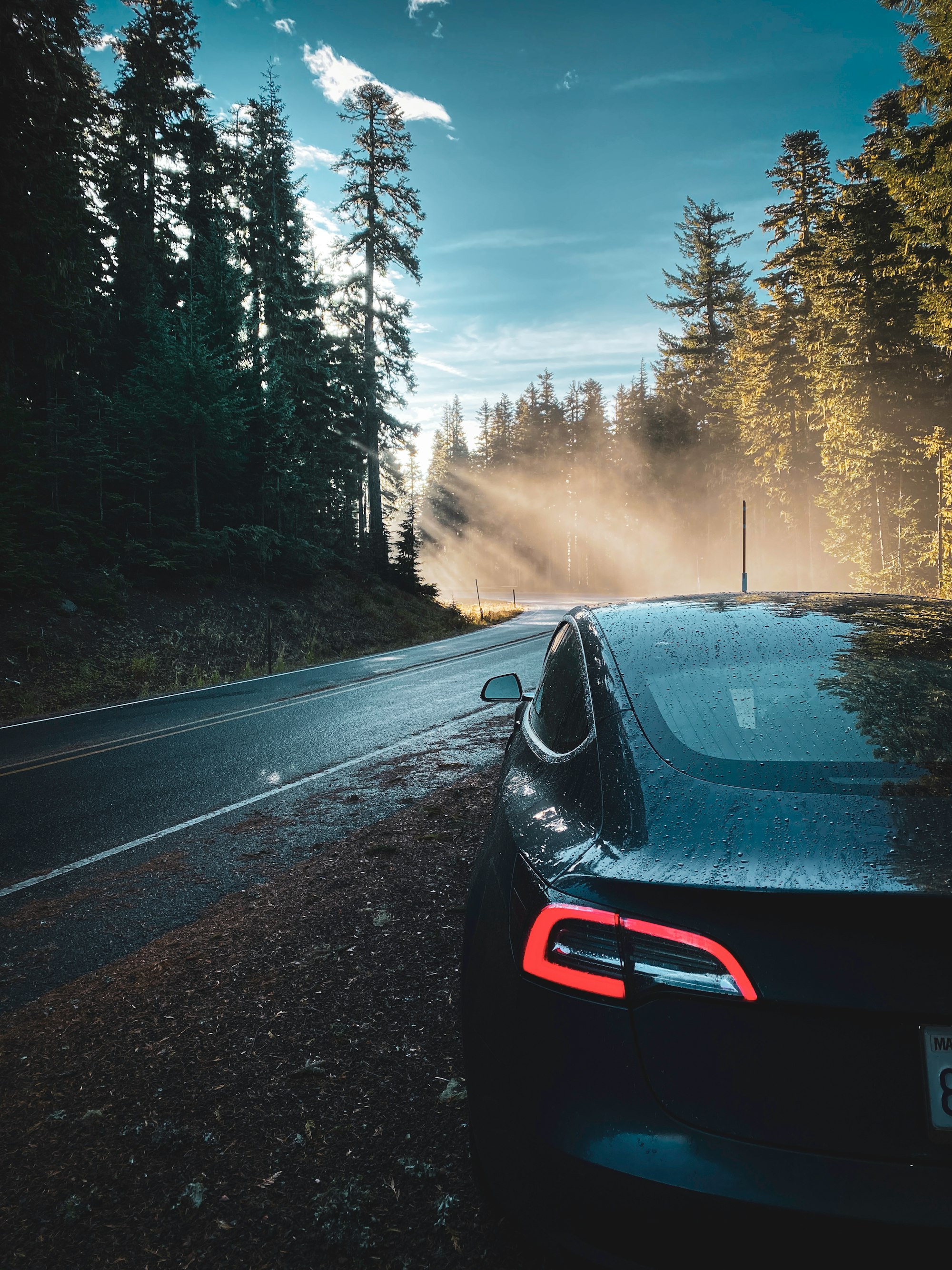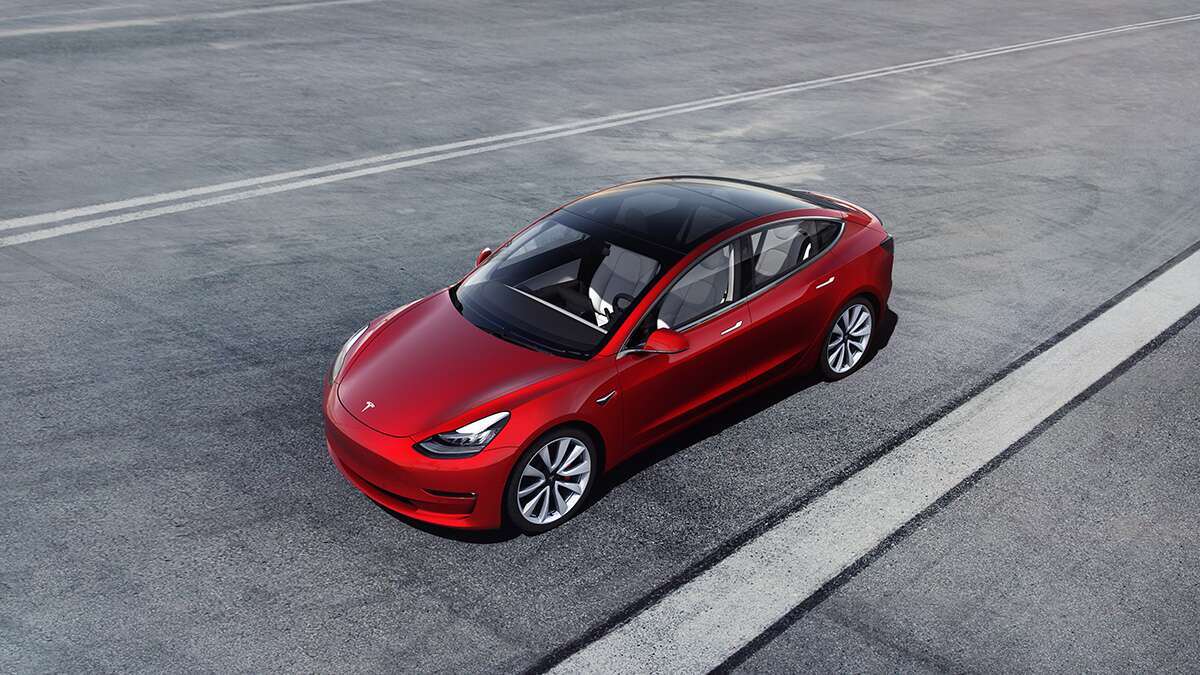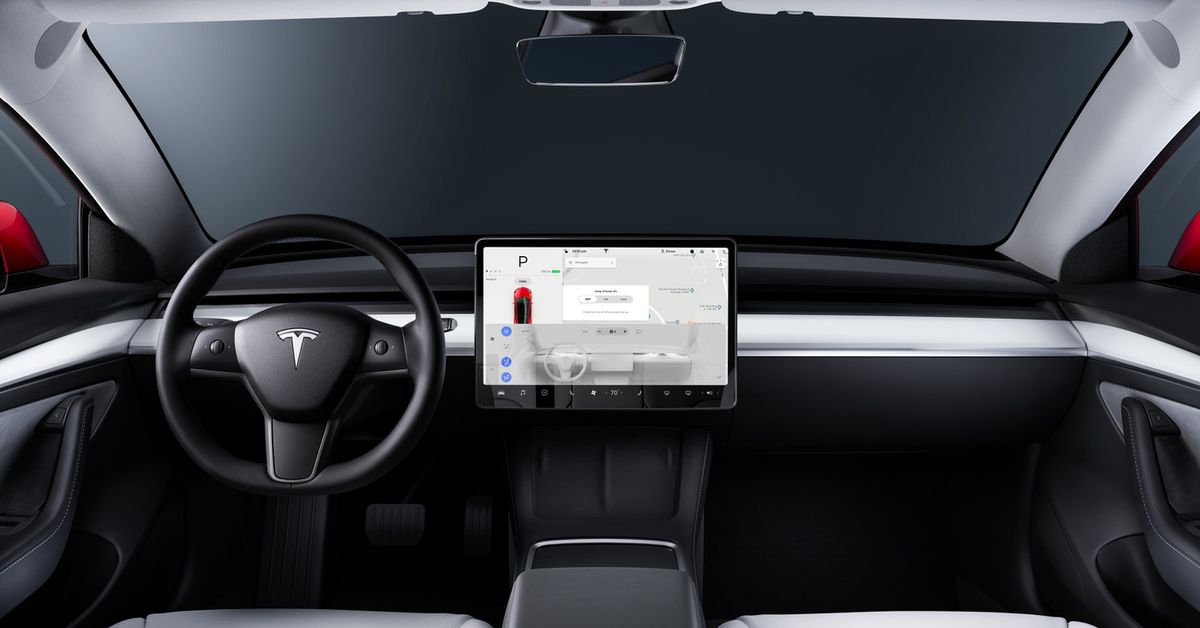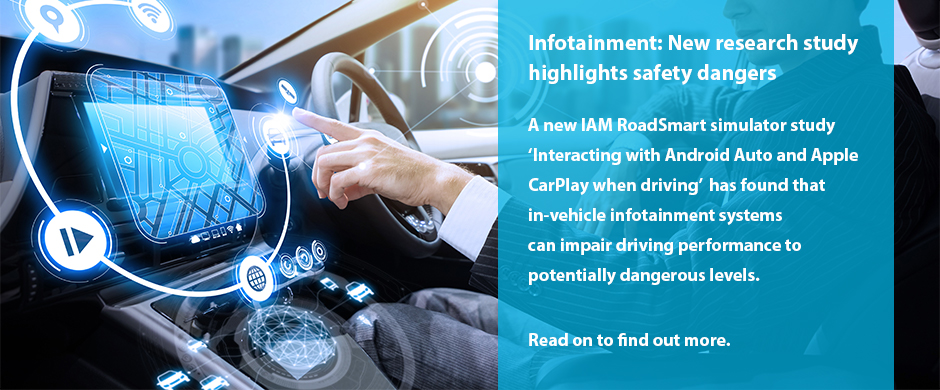

EXPOSED! The Connected Car, data collection in new vehicles
source link: https://decentralize.today/exposed-the-connected-car/
Go to the source link to view the article. You can view the picture content, updated content and better typesetting reading experience. If the link is broken, please click the button below to view the snapshot at that time.

EXPOSED! The Connected Car
Back in the day, one would buy a new car based upon its looks, the power rating, handling and whether you wanted leather seats or not. But this is no longer the case as those pushy sales guys at the car showroom are trying to persuade us that all these new (privacy-invasive) features, with voice assistance and AI as the way to go.
However, being able to shop, order food and read the news from the dashboard brings with it some perils, yes, this new in-car tech certainly makes our lives easier, but it also enables companies to collect huge amounts of data about us (surprise, surprise!)
So much can be tracked: the vehicle’s location, the local weather, how fast you were driving, what songs you liked to listen to, and some models can even monitor the weight of the passengers. A safety feature admittedly, but still…
Even if you turn off the navigation system, BMW boasts that the driver can be sent updates about the traffic situation where you frequently drive.
Now there is a technology war going on between all of these big manufacturers, with each trying to offer even more sophisticated and connected feature. One has to wonder if the implications of so much data collection have been properly considered. More sophisticated systems will also copy photos and even access feeds from other apps such as social media. Over time this builds up to be a lot of data stored in your car and outwith established safeguards.
Consider how easily a passenger could access this data either while in the car with you or when you step away from the car for a moment. Moreover, third parties such as mechanics or valets could access the data stored inside these infotainment systems.
Have you recently hired a rental car and instinctively connected your mobile device to the vehicle’s infotainment system? With mobile technologies in rental cars, consumers’ personal information can stay with the car long after the driver has returned it. This can lead to the system storing sensitive personal data such as navigation histories which identify locations entered or visited. Those rental cars with hands-free calling and texting may also store data from a mobile device – such as a phone number, the device’s owner, call and message logs, even the contacts or text messages stored on the device.
Privacy International looked into this by renting a series of internet-connected cars from vehicle hire and car sharing firms. Referring to the infotainment system, Millie Graham Wood, solicitor and legal officer at Privacy International said
“In most of them there were between 5 and 10 different phone identifiers. When you connect to the Bluetooth, it will store your identifier. We also looked at the navigation systems: a lot of locations were stored. Places people had driven to you could possibly link up with their name and drive there. What needs to happen immediately is that car rental and car sharing schemes need to completely review how they approach this data and to provide very clear instructions to drivers. But they also need to do it themselves, the onus shouldn’t be left on the customers – in the same way a car is cleaned, the data should wiped. A lot of thinking needs to go on by both rental firms and car manufacturers about how they manage data and the duty of care they have to their customers.”
Yet again, Elon Musk has been caught with his pants down. It has transpired that when Tesla owners’ upgrade their infotainment systems, the company does not delete all the personal information held on these units. Tesla has arranged for owners of older models to upgrade their hardware to gain access to new Tesla features that require more processing power and rather than having old units destroyed, they end up for sale on online sites. A treasure trove of sensitive customer information has been discovered on these units by white hat hacker GreenTheOnly.
Tesla’s infotainment systems are more advanced than those on many other vehicles and rather than containing just phone numbers, addresses and audio media, Netlix and Spotify are in there as well. Netflix session cookies have been found and these can be used to gain access to the owner’s account. Gmail cookies, all previously used WiFi passwords and Spotify passwords stored in plain text were in there too.
Don't worry Tesla is also starting to use the camera above the rear-view mirror in the Model 3 and Model Y to help make sure people pay attention to the road while using Autopilot, the company’s advanced driver assistance system.
Driven to Distraction
What is even more concerning is that infotainment systems can kill both you and others. IAM RoadSmart is a charity based in the UK whose objective is to improve car and motorcycle driving standards. In a study they made about the dangers of infotainment systems, they found that motorway stopping distances increased by four to five car lengths when drivers were using them.
Neil Greig, policy and research director said:
“Driver distraction is estimated to be a factor in around a third of all road collisions in Europe each year. While previous research indicates that Apple CarPlay and Android auto perform better than traditional buttons and controls, the results from the latest study raise some serious concerns about the development and use of the latest in-vehicle infotainment systems. Anything that distracts a driver’s eyes or mind from the road is bad news for road safety. While we would like to see a review of these systems in the future, we would encourage owners of vehicles fitted with these systems to use them in the safest possible way, including setting everything up before starting a journey.”
In the US, the National Highway Traffic Safety Administration regulates vehicle safety and has issued guidelines to automakers for dashboard systems. There are similar guidelines for cellphones and voice-activated systems, but these guidelines are voluntary. Deborah Hersman, president of the National Safety Council and former chairman of the National Transportation Safety Board said:
“Infotainment systems are unregulated, it is like the Wild West, where the most critical safety feature in the vehicle – the driver – is being treated like a guinea pig in human trials with new technologies.”
If you are selling your car, wipe the data yourself. Cars store so much data these days you should think of it like selling a laptop and connected cars will, no doubt, end up being connected to the Internet of Things (IoT) which is not known for having a consistent commitment to data security.
The connected world is giving us many convenient benefits but without changing our usage habits, we could be sacrificing our privacy.
Recommend
About Joyk
Aggregate valuable and interesting links.
Joyk means Joy of geeK
 CarThrustSiddharth Kapila
CarThrustSiddharth Kapila
 The VergeSean O’Kane
The VergeSean O’Kane
